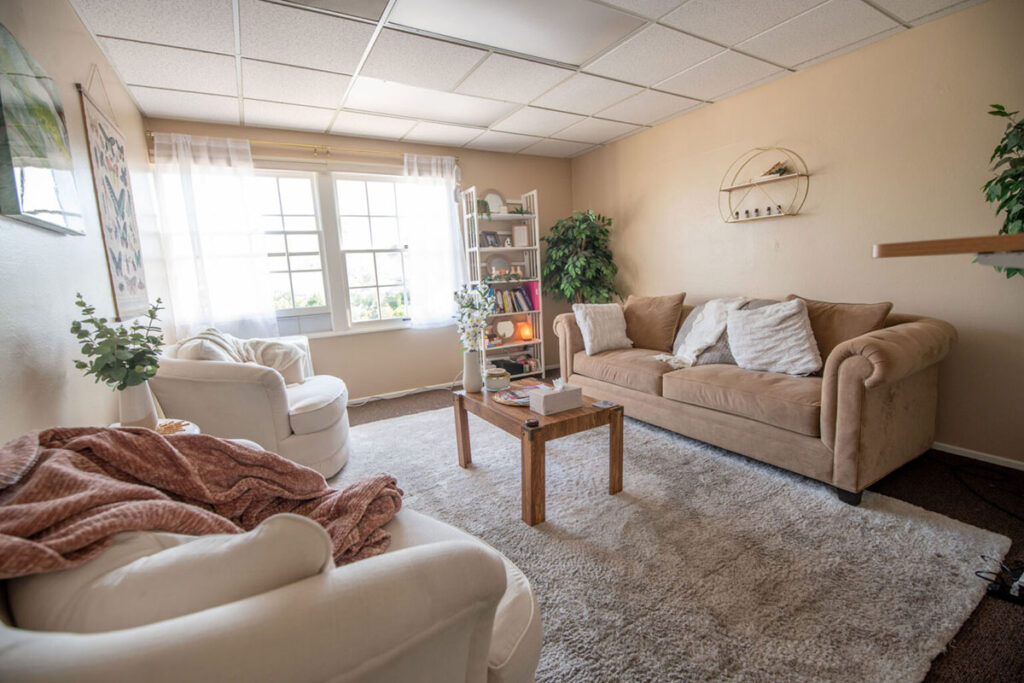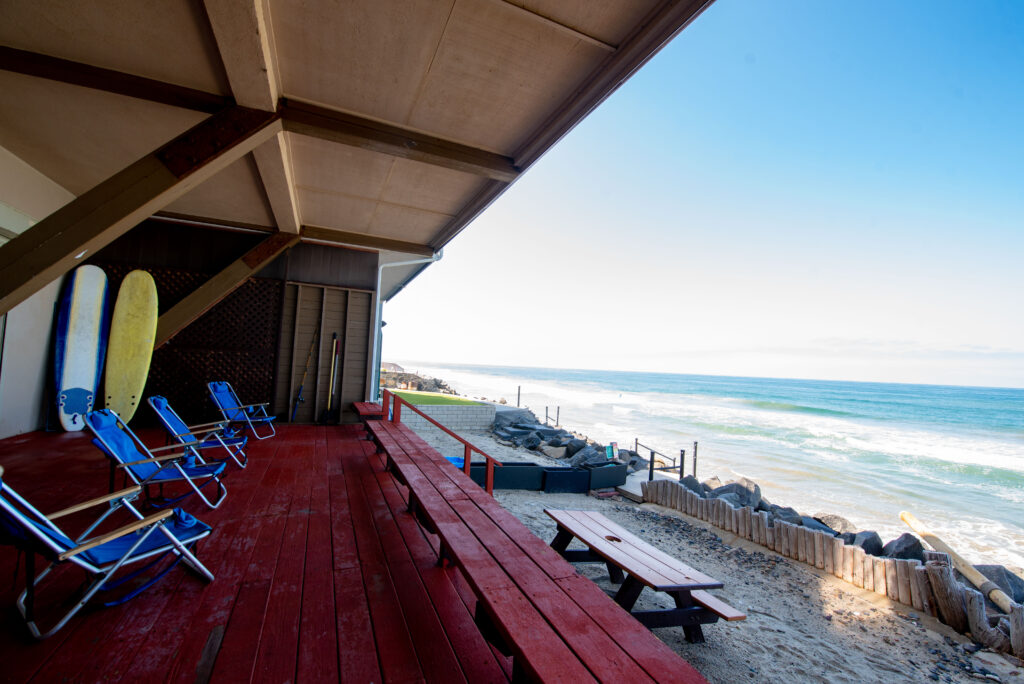Call Today: (800) 410-6552
We know that committing to rehab takes courage and a leap of faith, especially when treatment lasts over several months. At SCRC, we know your time is valuable. In our long-term rehab programs, we make every day an opportunity for growth and healing.
Below, we’ll take a look at the key aspects of our long-term alcohol rehabilitation and how we can support you or your loved one during the recovery process.
Long-term alcohol rehab lasts longer than the typical 30, 60, or 90-day treatment period. Our long-term programs offer therapy in a group and individual context, and holistic treatments like yoga and meditation, along with comprehensive coaching in coping skills, relapse prevention, and more.

Long-term treatment usually ranges from three months to a year, depending on your specific needs. We tailor the length of stay to your unique situation and sometimes make adjustments to timelines when needed. Our goal is always full transformation and recovery, which often takes at least three months.
Getting long-term care for alcohol addiction has several benefits, including:

Our long-term alcohol rehab facility has it all — a caring staff, a beautiful location, and a modern, top-tier facility. We help our clients find peace, focus, and confidence, all of which are essential for the recovery process.

Insurance coverage at long-term rehab centers tends to vary, and navigating the details can be confusing. Luckily, you don’t have to do it alone. Our trained admissions team can help you connect with your insurance provider to determine the extent of coverage and get the maximum benefits.
At SCRC, we take a personalized approach to long-term alcohol rehab and treat all of our clients like family. When you come to us for long-term treatment, we work with you and your loved ones to create a treatment plan that meets your needs, accommodates your schedule, and makes you feel at home. Our compassionate staff will help you ride out the toughest moments, celebrate your victories with you, and push you to be the best version of yourself.
Long-term rehab for alcohol addiction may be right for you if you haven’t found success through short-term treatments, feel discouraged in your recovery efforts, or need more support to stay sober. If you’re not sure whether this type of program is the best option for you, let us help you make an informed decision. We offer consultations to help you understand if our long-term program fits with your goals and struggles.
Our long-term rehab program includes individual and group therapy, life skills training, and relapse prevention strategies: a hard-hitting combination that helps you heal mentally, physically, and emotionally. Our long-term programs also leave room for holistic therapies like yoga, meditation, and nutritional counseling.
We recommend long-term alcohol rehab if you deal with severe or chronic alcohol addiction, have relapsed after previous treatments, or just need a more in-depth treatment approach. Our long-term programs can also benefit you if you deal with co-occurring mental health conditions, as we address these during treatment as well.
Long-term rehab usually lasts for several months to a year and takes a more in-depth approach to recovery. This form of treatment gives you more time for dealing with underlying issues, developing coping strategies, and building a supportive network of peers and professionals. Our short-term programs last for 30 to 90 days and focus more on counseling and the initial stages of sobriety. Both options can be life-changing — it’s just a matter of deciding which one is the best fit for you.
We treat our long-term clients using cognitive-behavioral therapy (CBT), a trusted and effective treatment for addiction and co-occurring mental health conditions, among other modalities. Our programs include family therapy, group therapy, and individual counseling using the CBT model.
We always encourage our clients’ families to participate in their loved one’s recovery. Involvement opportunities include family therapy sessions, educational workshops, and visits during treatment. We believe family support plays a key role in recovery, as it helps rebuild trust and restore hope.
After completing a long-term alcohol rehab program, our clients typically transition into aftercare, which may include ongoing therapy, support groups like Alcoholics Anonymous (AA), sober living housing, and continued engagement with a recovery community. This key phase of recovery helps you maintain your sobriety and implement the skills you learned during rehab into your everyday life.
Our long-term treatment programs can be very effective, especially if you deal with severe addiction or have a history of relapses. The extended timeframe for treatment helps us address not just the addiction itself but also the root causes and contributing factors. Treatment success rates vary, but long-term rehab often provides a solid foundation for lasting recovery.
Accreditations
